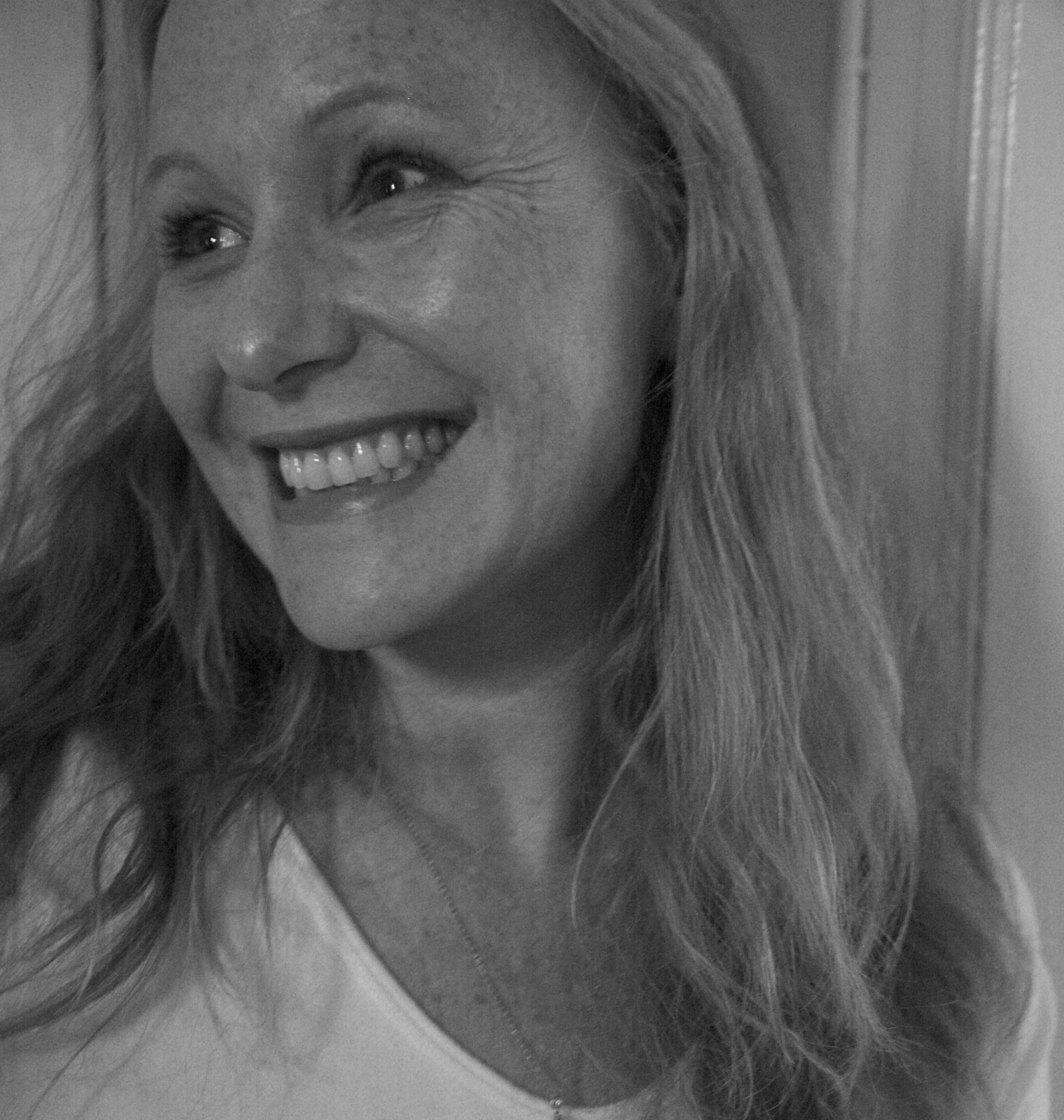Nora Bateson

Nora Bateson is an award-winning filmmaker, research designer, writer, and educator, as well as President of the International Bateson Institute based in Sweden. Her work asks the question “How we can improve our perception of the complexity we live within, so we may improve our interaction with the world?”. An international lecturer, researcher, and writer, Nora wrote, directed and produced the award-winning documentary An Ecology of Mind, a portrait of her father, Gregory Bateson. Her work brings the fields of biology, cognition, art, anthropology, psychology, and information technology together into a study of the patterns in ecology of living systems. Her book, Small Arcs of Larger Circles, released by Triarchy Press, UK, 2016 is a revolutionary personal approach to the study of systems and complexity, and the core text of the Harvard University LILA program 2017-18.
The IBI integrates the sciences, arts and professional knowledge to create a qualitative inquiry of the integration of life. Nora is the president of the International Bateson Institute, directing research projects that require multiple contexts of research-interdependent processes asking, “How we can create a context in which to study the contexts?” An impressive team of international thinkers, scientists and artists have been brought together by the IBI to generate an innovative form of inquiry, which Nora coined “Transcontextual Research” and the corresponding new form of information she dubbed: “Warm Data.” A group process created by Nora, called the ‘Warm Data Lab’ has been the public outreach model of this research. Over 100 groups around the world have participated in Warm Data Labs to assist in developing the ability to perceive complexity.
In addition, Bateson is also credited with the innovation of the neologism “symmathesy,” and the corresponding theoretical essay bearing the same title. Bateson defines this neologism as “An entity composed by contextual mutual learning through interaction. This process of interaction and mutual learning takes place in living entities at larger or smaller scales of symmathesy.”
As an educator, she has developed curricula for schools in Northern California and produced and directed award-winning multimedia projects on intercultural and ecological understanding. Her work, which has been presented at the world’s top universities, is described as “offering audiences a lens through which to see the world that effects not only the way we see but also the way we think.” Nora’s work in facilitating cross-disciplinary discussions is part of her research into what she calls, “the ecology of the conversation”. Her speaking engagements include keynote addresses and lectures at international conferences and universities on a wide range of topics that span the fields of anti-fascism, ecology, education, the arts, family therapy, leadership and many more aspects of advocacy for living systems– she travels between conversations in different fields bringing multiple perspectives into view to reveal larger patterns.
Memberships and awards: Chairman and founder of the International Bateson Institute. Associate of The Taos Institute. Board Member: Human Systems Journal of Systemic Practice, Tallberg Foundation, Tomorrow Makers, Fellow of Lindisfarne Foundation, Bateson Idea Group (BIG), Club of Rome, World Academy of Arts & Sciences, Great Transition Foundation, Human Potential Foundation, Awards: Sustainable Thompkins Ecology Award, Winner Spokane Film Festival, Winner Santa Cruz Film Festival, Media Ecology Award.
Contact: Dalagatan 68, 113 24 Stockholm Sweden // Phone: +46 (0) 72 5875855
un-pick-apart-able
Journal Article
Bringing a morsel of food to your lips or to the lips of another is an act of intimacy. It is a personal contact point with the seasons and the generations…It is in this intimacy that I suggest a possibility for system change lies.
Liminal Leadership
Article
Our liminal leadership will be as people together in a struggling biosphere—just you and me and the other 7 billion mothers and daughters and fathers and sons. We will not lead on behalf of a company or a nation, not on behalf of a religion or a belief system. We will hold each other through the storms of economic volatility, ecological turmoil, and political insanity. There will be trauma, pain, and loss through which our solace during this transformation will be nothing less than the creative expression of tenderness.
